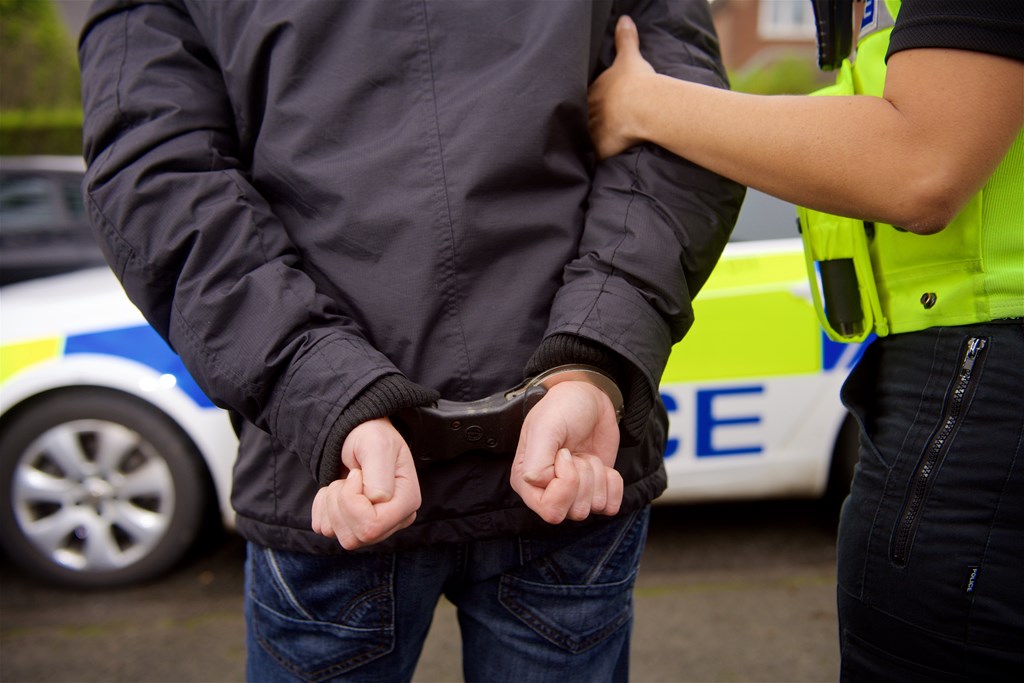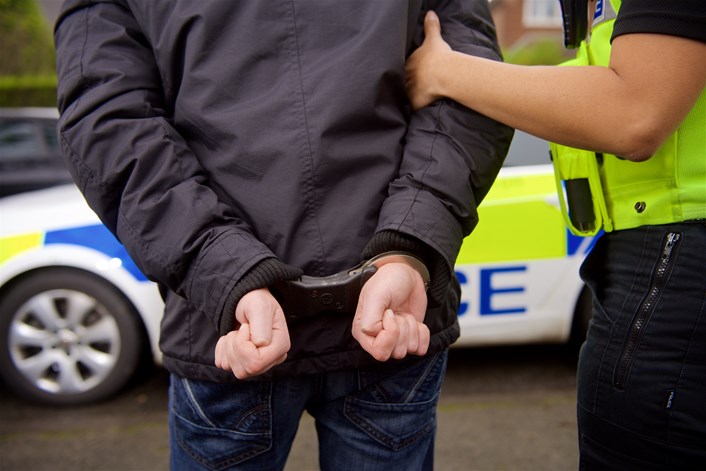
08 Apr 2018
Violent crime: we must back our officers to use their powers with confidence
A long term strategy to tackle the roots of violent crime, learning lessons from the success of Scotland's public health approach, is desperately needed - and I hope that's what we'll see next week from the Home Office's serious violence strategy. But when we have children dying on the streets of our capital, the police's first priority needs to be on what can be done now to stop this waste of life.
That's exactly what Metropolitan Police Commissioner Cressida Dick is doing. She's taking sensible, practical steps that should bear results quickly. A new taskforce will put more officers into violence hotspots and more intelligence into the hands of local officers to act on. Clear direction has been given to her officers to use their powers of stop and search and to arrest people who are involved in violence or linked crimes - even those that may seem lower level. And quite rightly she's calling on ordinary Londoners and other agencies with a role to step up and do their bit.
The police response to rising violence must not just be swift but sure. While it is the murders in London which have horrified the public, the rises in violent crime, knife crime and gun crime are not restricted to the capital. Knife crime has increased by 21 per cent and gun crime by 20 per cent on the previous year across the country. Our officers on the frontline must know that we back them to use their powers - lawfully and respectfully - but with confidence. There are two particular police powers to search for weapons. The use of these powers has got to be part of the police response.
Chief constables tell me that their officers have been feeling hesitant about using stop and search. That seems to be reflected in the numbers - with searches under the Police and Criminal Evidence Act reducing by nearly three quarters in the last six years from 1.2 million in 2010/11 to just over 300,000 in 2016/17. This is not a power exercised by officers at random but has to be based upon having reasonable grounds for suspecting that a prohibited article, such as a weapon, is being carried. The reduction in the use of this power has undoubtedly been impacted by fewer officers on patrol and a more intelligence-led approach, but I fear some of it is down to a chill effect where officers feel overly cautious about using a power that has been subject to so much political, and often polarised, debate.
But there is also a power under the Criminal Justice and Public Order Act 1994 which is specifically aimed at gang violence. It allows a senior officer, where acts of violence have or will occur, to designate a specific area for a limited amount of time in which any person can be searched for offensive weapons or dangerous instruments. The use of this power has been very much discouraged over recent years and the statistics are stark. In London alone the use of this power has reduced from 1429 instances to 23 between 2011/12 and 2016/17 and nationally the number of stop and searches as a result has reduced from 46,973 to just 617 in the same period. This power may have been used too freely in the past, but the pendulum has now swung too far in the opposite direction.
We should also avoid the trap of recent years of creating a too simple distinction between stop and search targeted at weapons and drugs, and label one good use of the power and one bad. When we know there is a strong connection between drug dealing and the violent crime rises we are seeing, it is legitimate for our officers to stop and search for drug possession - even if in itself it is not classed as a ‘priority crime’. Evidence points to ‘county lines’ gangs and the distribution of drugs as playing an important role in driving up homicide and other violent crime. This is likely due to more violent dealers as well as the psycho-active impact of drugs like crack cocaine.
The research on police legitimacy demonstrates that public confidence and support is significantly affected by the way in which officers use their powers. Police training therefore emphasises the fact that treating those stopped with dignity and respect is essential. The increased use of body worn video by police officers on patrol means that many stop and search encounters can now be filmed. This, too, will increase the confidence of the public that powers are being used appropriately and with respect.
I am not advocating random stop and search or abusing our powers in headlining-grabbing crackdowns. As with so much of policing the balance is much finer than that. I am advocating policing that we know works, targeted patrols of hotspots, with our officers certain we are behind them to use their judgement and their powers in the public interest.
Stop and search or arrests are not a silver bullet and are not a long-term solution, but they are an important tool in helping to protect the public from violent crime. Policing has an important part to play, and we will play it, but we cannot address the social conditions that lead to violence in the first place.
National Police Chiefs’ Council Chair Sara Thornton
Contact information
Communications office
By phone: 0800 538 5058
By email: press.office@npcc.police.uk

